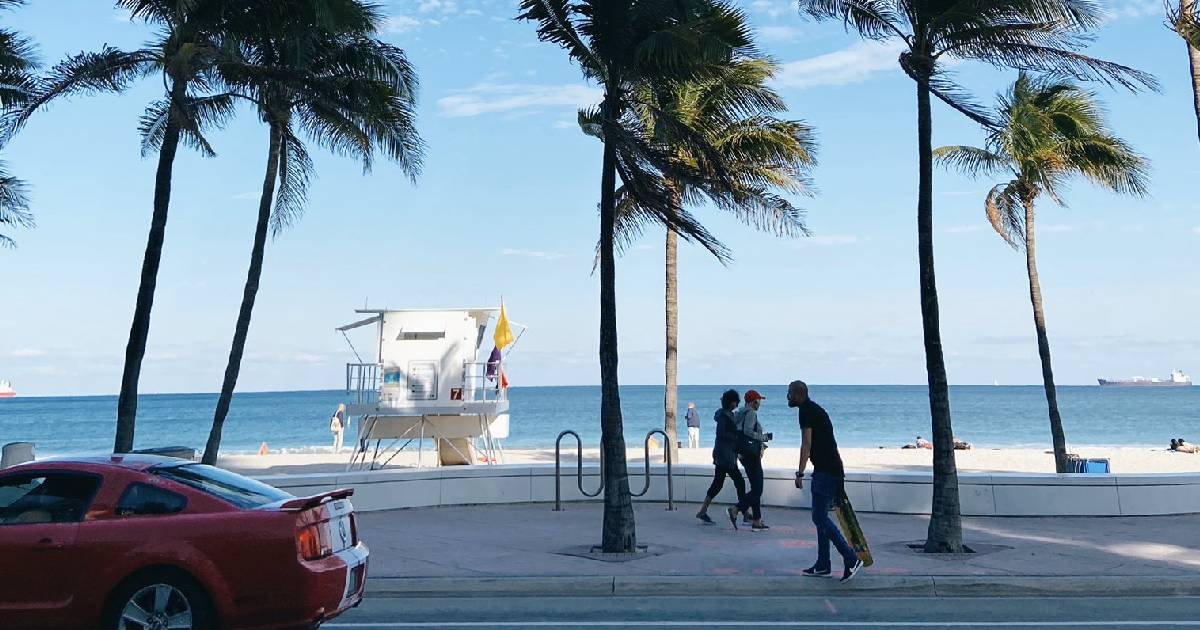
The Florida Department of Health (DOH) has issued a warning for waters contaminated with fecal bacteria at eight beaches in the state, including three in Miami-Dade, according to local media reports.
The television network Univisión detailed that the alert is triggered due to the presence of high levels of the enterococcus bacteria, which indicates fecal contamination.
They also add that pollution comes from rainfall runoff, pets, wildlife, or human wastewater, which can represent serious risks to public health.
América TeVé, for its part, mentioned that the affected beaches would be Oleta River State Park in North Miami Beach, Surfside on Northeast 93rd Street, and Collins Park on 21st Street in Miami Beach.
Among the main health issues are that enterococci, present in the intestinal tract of humans and animals, can cause diseases when ingested or come into contact with the skin through cuts. Infections include gastrointestinal problems, ear and respiratory infections, and skin rashes.
In addition to the affected beaches in Miami, Higgs Beach, Smathers Beach, Bahia Honda Oceanside, Sombrero Beach, and Founder Park in Monroe County are also on alert, while Simmons Park Beach and Bahia Beach in Hillsborough County are under warning.
The Environmental Protection Agency (EPA) evaluates water quality based on the amount of enterococci present per 100 milliliters of seawater.
In this case, he classified it as "poor" after detecting 71 or more enterococci, which represents a significant health risk. Later, they can be categorized as "moderate" and "good".
This is not the first time these alerts have occurred on Florida beaches.
The environmental organization, Environment America, conducted a study that concluded that potentially dangerous levels of fecal contamination were detected in several beaches in Florida in 2022.
What do you think?
COMMENTFiled under: